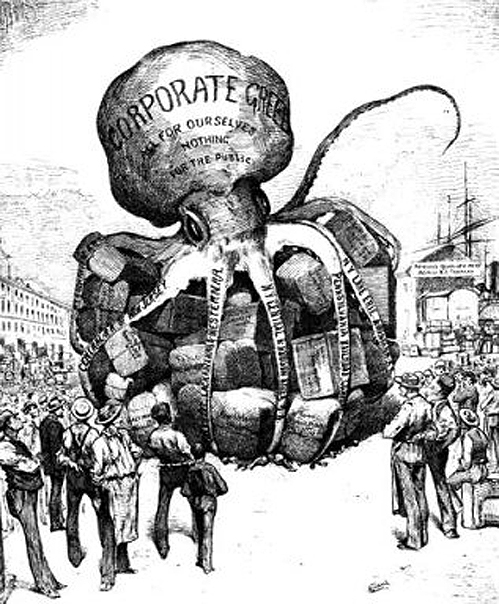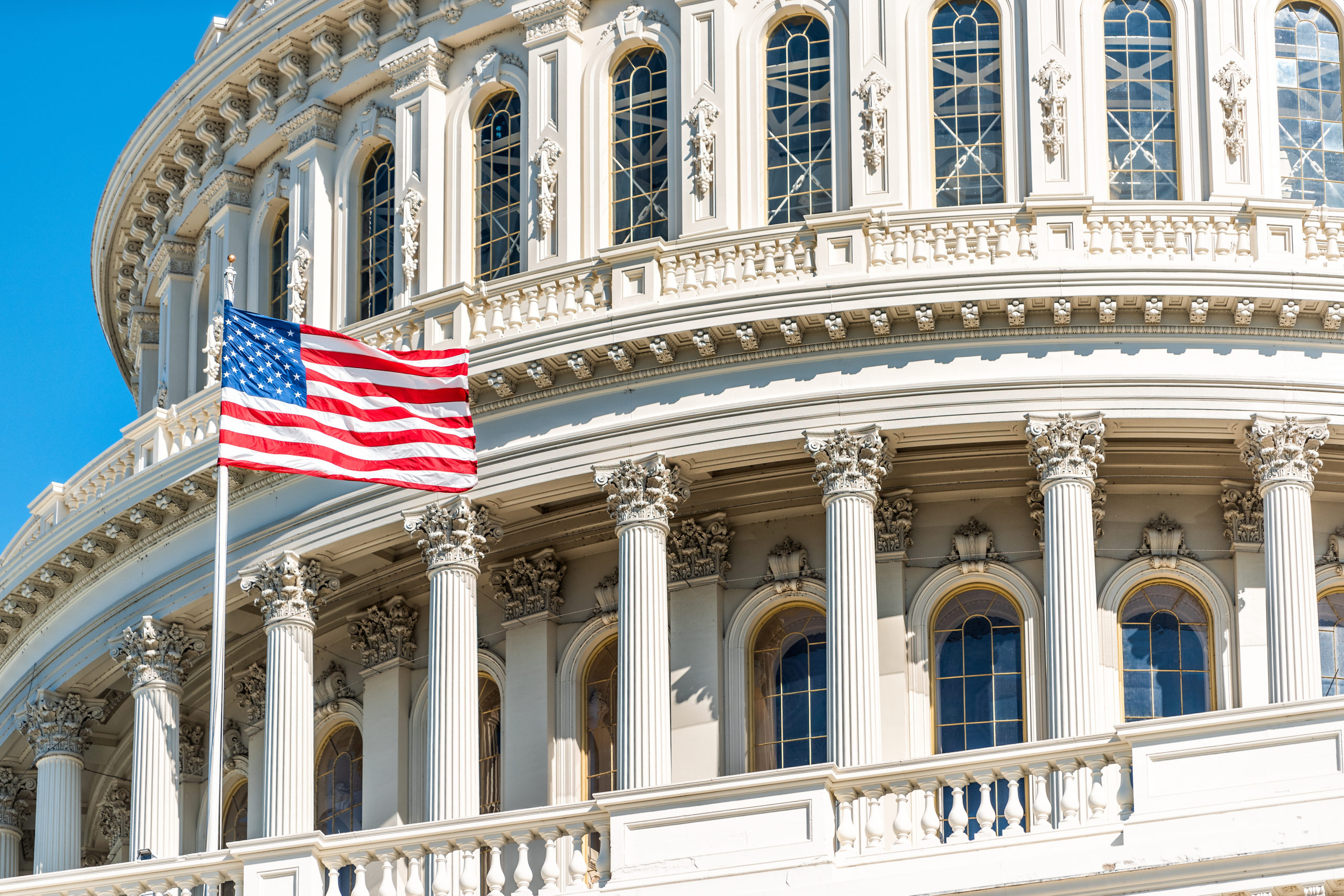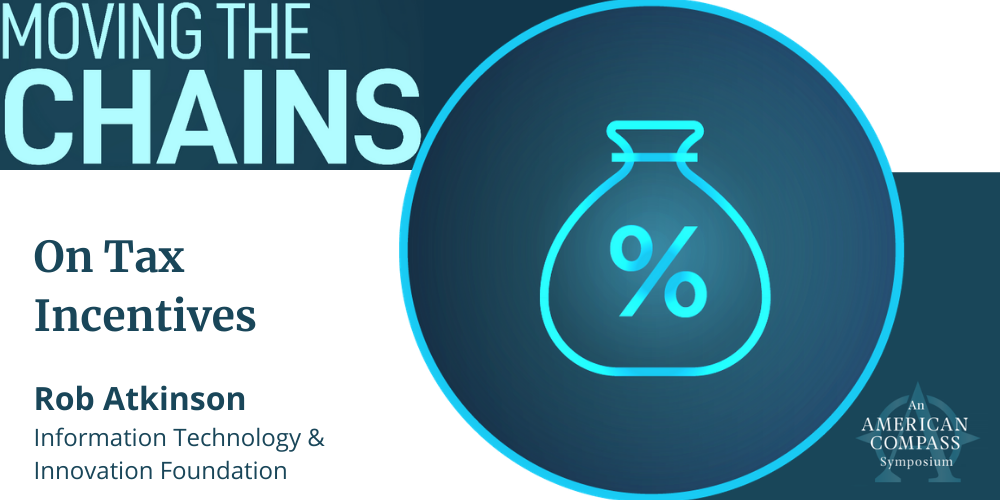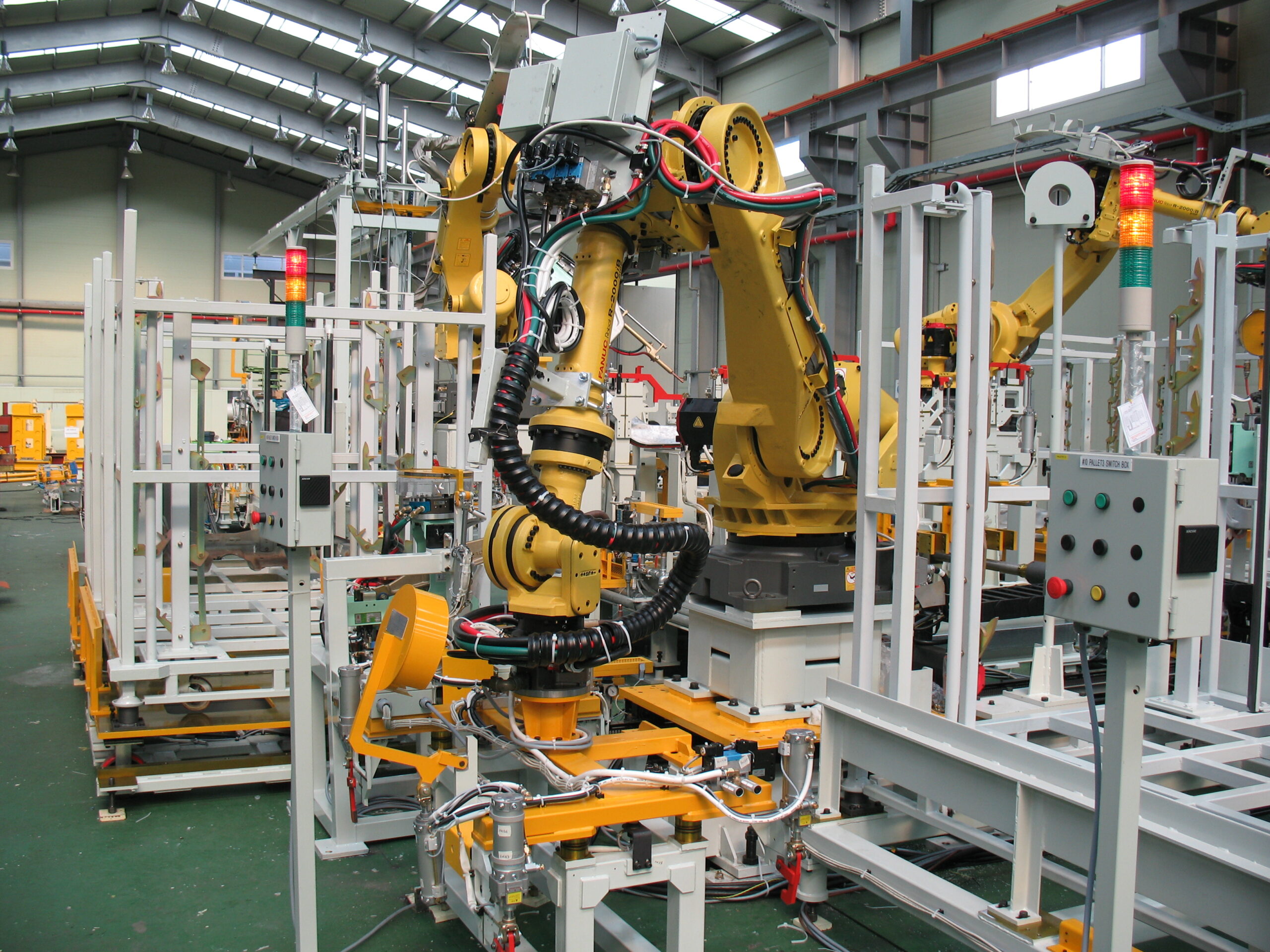Big Tech, Antitrust and America’s Future
Wednesday’s “must watch” House Judiciary hearing with the CEOs of Amazon, Apple, Facebook, and Google raised a host of questions, including what the goal of antitrust should be (maximizing economic welfare or other goals, like protecting small business), and how should we think about platform industries.


















